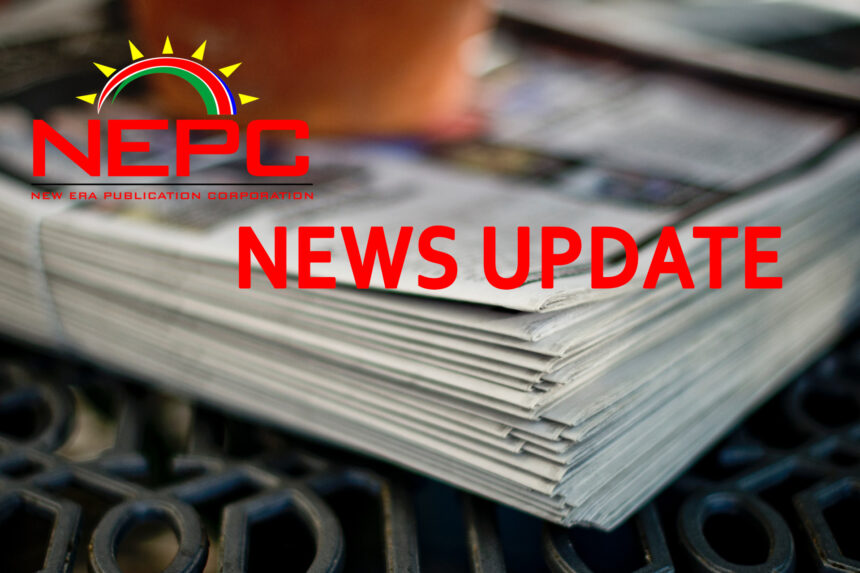Moses Magadza
The SADC Parliamentary Forum with the International Institute for Democracy and Electoral Assistance (International IDEA) on Monday signed an agreement to consolidate and strengthen democracy in southern Africa.
The secretary general of SADC PF, Boemo Sekgoma, and the secretary general of International IDEA, Kevin Casa-Zamora, signed the agreement at the SADC PF headquarters in Windhoek, Namibia. Monday’s agreement adds to years of collaboration between the SADC PF and International IDEA.
Previously, the two institutions worked together to support implementation of gender quotas through
capacity-building and publication of resources, including ‘The Implementation of Quotas: African Experiences’ in November 2004.
Initiatives to strengthen political parties in Africa that include the Inter-Regional Consultative Forum on the Role of Political Parties as Agents of Democratisation in October 2006 followed.
Additionally, they cooperated in the development of the model law on elections, as well as in knowledge-generation on enhancing parliamentary effectiveness during crises.
They also developed guidelines on parliament and human rights, corruption, technical cooperation to support election observation capabilities of the SADC PF and joint capacity-building initiatives for Parliamentarians on natural resource governance and parliamentary oversight.
The new agreement covers various areas of collaboration, including electoral reforms, gender equality, peace and security, youth political empowerment, inter-political party dialogue, climate change governance and natural resources management.
Casa-Zamora said there was scope for jointly addressing issues affecting the youth and women’s political participation.
He said there was possibility, also, for International IDEA and the SADC PF to serve as a conduit to provide support to member parliaments.
He said: “The instruments we need to facilitate support to member parliaments are already in place, so we have good possibilities for collaboration”.
While acknowledging that resources are key in implementation of agreed activities, Casa-Zamora said focus would initially be on “small concrete things that do not need a lot of resources, but [those] that provide a basis for our collaboration to grow”.
He said the next step for International IDEA and the SADC PF would be to join forces, and to mobilise resources to implement agreed activities.
On democracy, he said there was, in some parts of the world, an increasing movement from a model characterised by a predominant political party to a more fragmented political party system that forces political party elites to get better at negotiation.
“To the extent that we can contribute to that transition that is happening, I think we would be providing a very good service to democracy in southern Africa,” he said.
He added: “Democracy is doing much better in this part of the world (SADC region) than other parts of Africa. There is, thus, a solid and sound basis upon which to build. By the look of it, this transition will be handled smoothly”.
On her part, the SADC SG expressed optimism.
She said: “We are very excited because this agreement promises opportunities for resources around peace and security, climate action and justice, electoral management, and democratic accountability”.
She said the SADC PF and International IDEA had developed numerous resources together, and noted that International IDEA had conducted research on various relevant issues, whose findings had been widely disseminated.
She saidt International IDEA had a “footprint in Europe and beyond”, and expressed hope that the collaboration under the new agreement would be mutually-beneficial.
“It is exchanging and knowledge sharing that will strengthen us to deliver as institutions and open our eyes to what democracy means nowadays, and to what citizen participation can be,” she stated.
Sekgoma said national parliaments and the entire SADC region were rich resources that partners such as SADC PF and International IDEA can harness in strengthening democracy.


